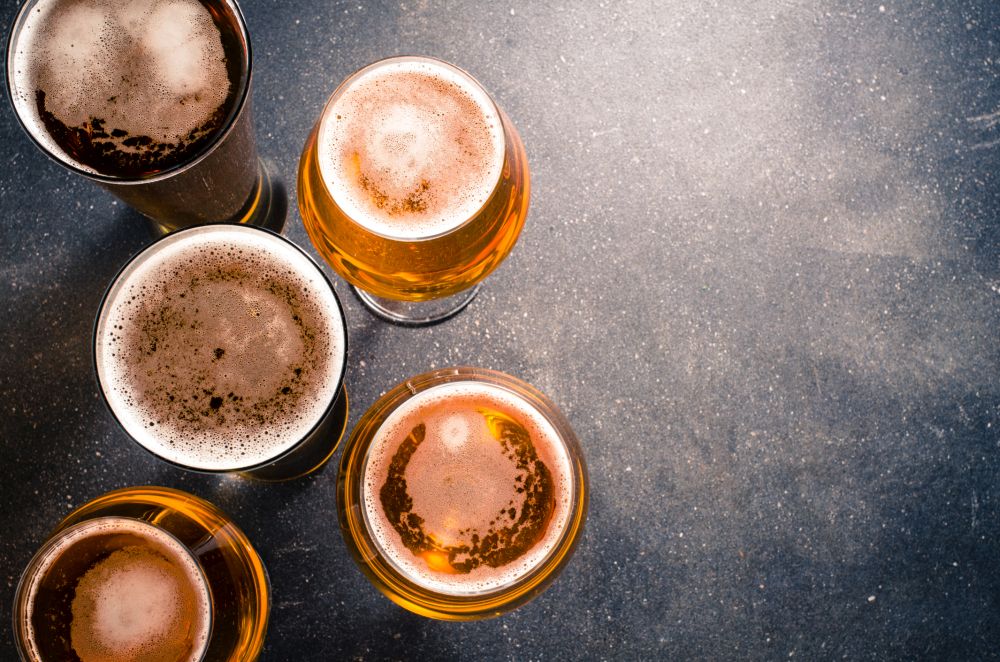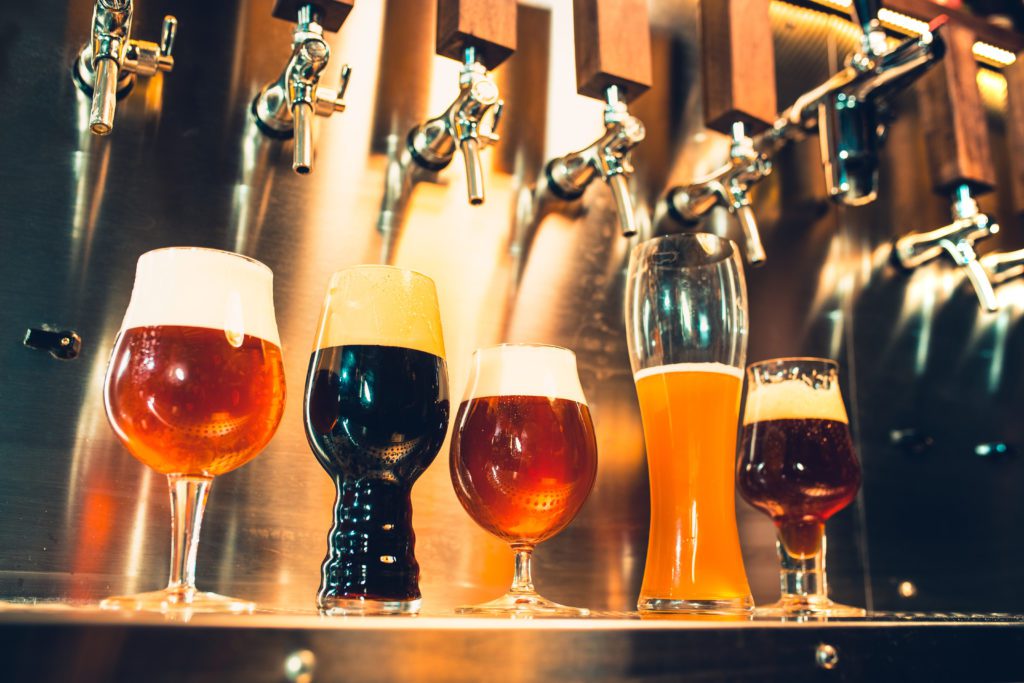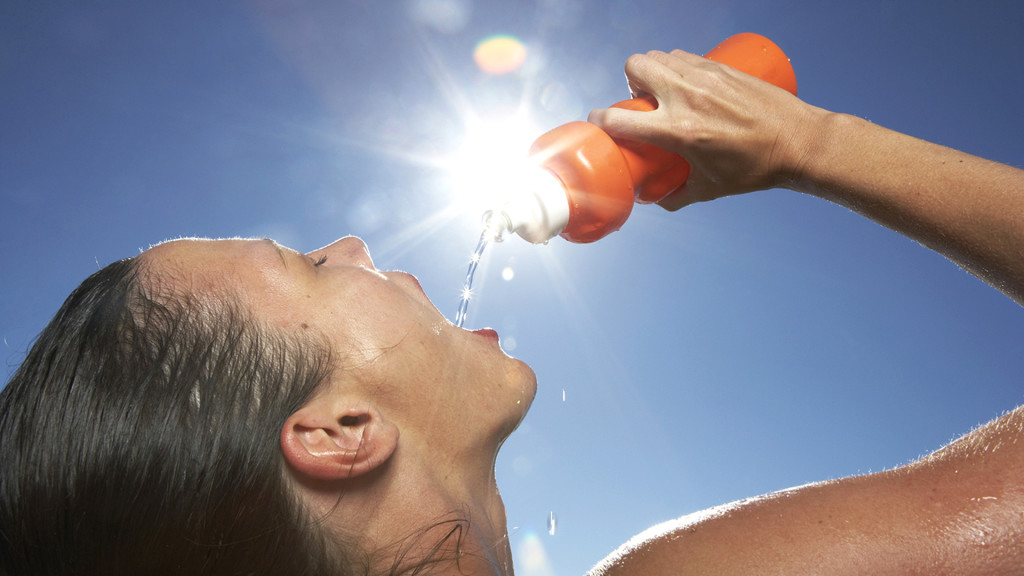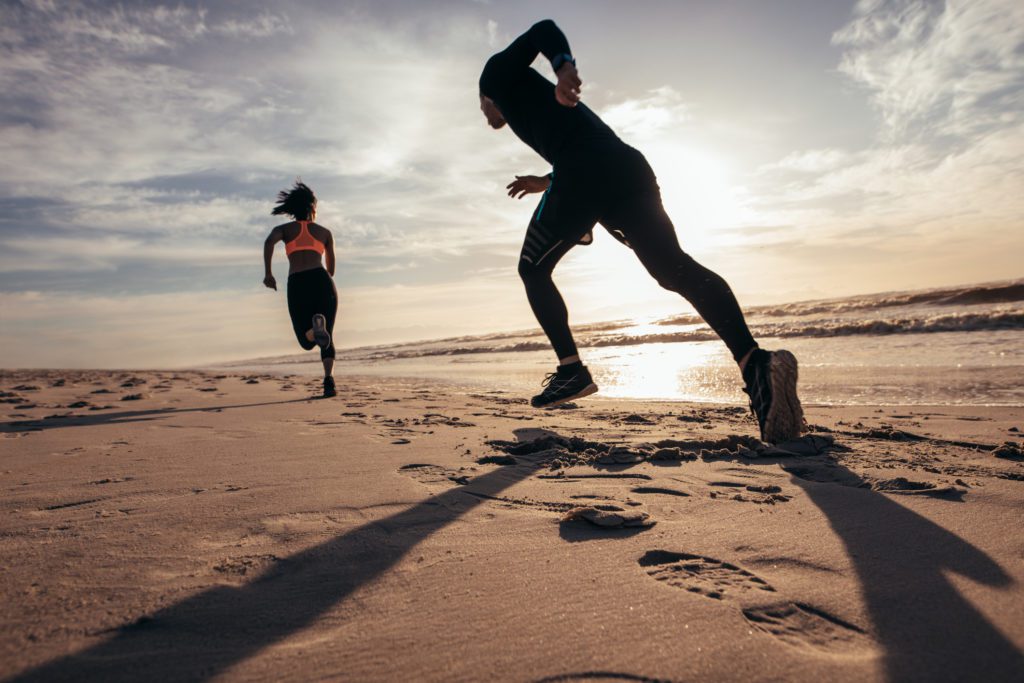Running hungover: how to deal
Tips and tricks for optimizing your sub-optimal run

Have you ever indulged a little too much the night before a Sunday long run? Maybe one post-workout beer turned into three or four. No matter how you got there, lots of people have run hungover.
RELATED: No safe level of alcohol consumption: sobering news for runners who drink
But what does a night of overindulgence mean for training, and what exactly is going on in your body after a night of drinking?

What’s going on physiologically
According to the USOC (United States Olympic Committee), all processes in the liver shut down to accommodate the metabolism of alcohol. This causes low blood sugar and impairs the use of fat as fuel, which also inhibits training adaptation. In the brain, alcohol consumption can impair motor skills, balance and reaction time.
In terms of your muscle tissue, alcohol consumption impairs blood flow, which in turns reduces muscle strength. And shockingly, the USOC reports that the prevalence of musculoskeletal injury is 30 per cent higher in athletes who drink versus those who do not. Hormonally, when runners drink, testosterone decreases and estrogen increases. This hormone change causes fluid retention and fat deposition that can lead to weight gain.

Training adaptations
A 2010 study found that the normal recovery process was impaired by alcohol consumption. A moderate dose of alcohol following strenuous eccentric exercise (lifting weights, for example) had a negative effect on those muscles’ recovery process. According to the study, this relationship exists outside of other systemic effects of alcohol consumption, like loss of sleep or dehydration.

How to work around a hangover
Brittany Moran is a chiropractor, marathoner and running coach. She recommends that whenever possible, runners (especially those in a big training block), try and plan for a big night and work it into their week. “If you know there’s going to be a celebration, take that into account when planning your week of training. Speak with your coach and let them know what you have coming up.”
If you’re self-coached, Moran recommends that you avoid your long run or a key workout the morning after–and if you do have to run the next day, wait until the evening. “One of the biggest misconceptions when it comes to drinking is that you have a great sleep. Your sleep quality is pretty terrible after drinking, and you don’t want to run over-tired the next day.” Take an afternoon nap if you’re able, and wait until the evening to log your miles.
The second aspect of recovery is rehydrating and refueling. “The next morning you’re also probably dehydrated and not fueled properly. Make sure you take time to have a good meal and drink lots of water before heading out for your run. You don’t want to force it and ruin the rest of your week of training.”


